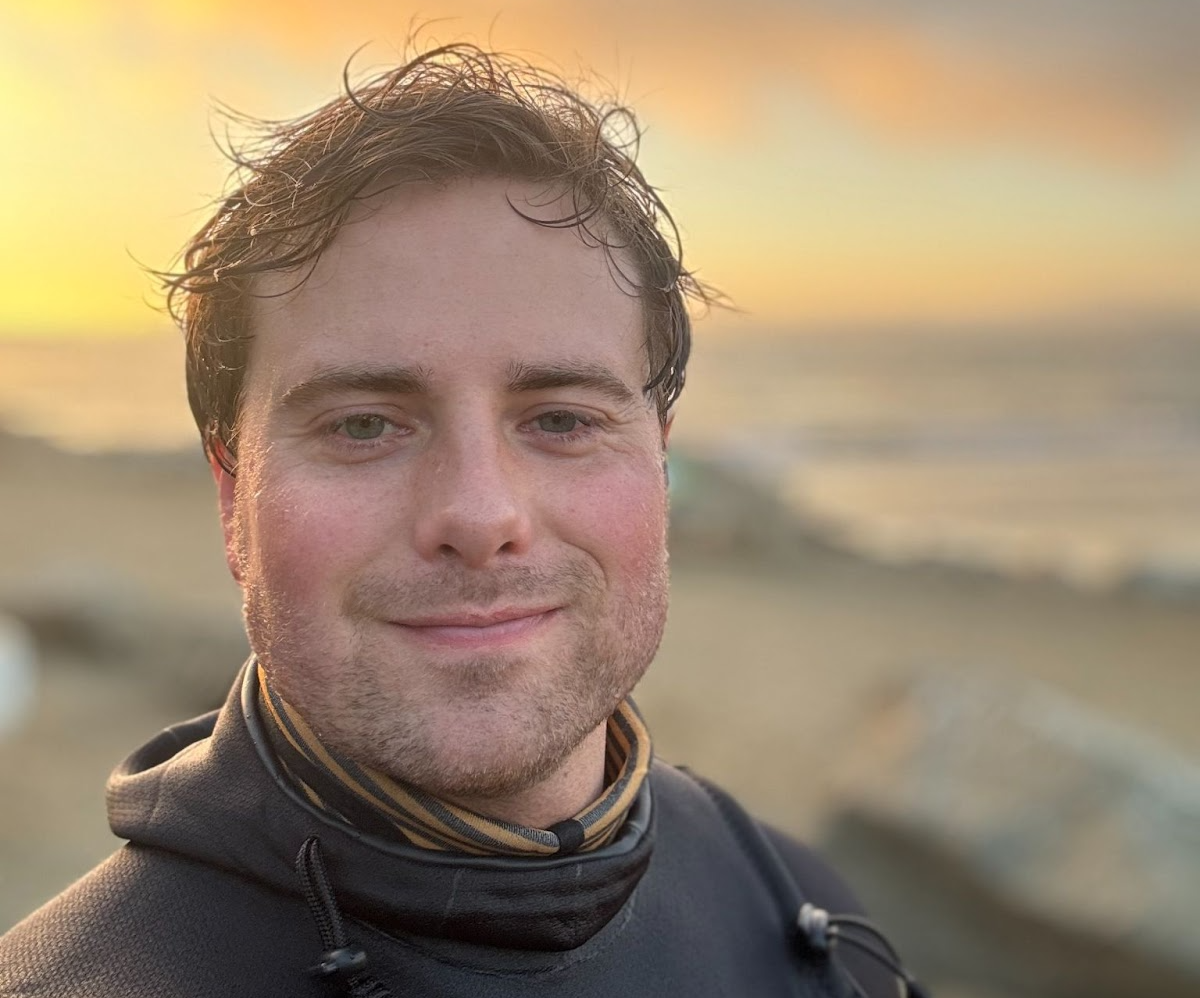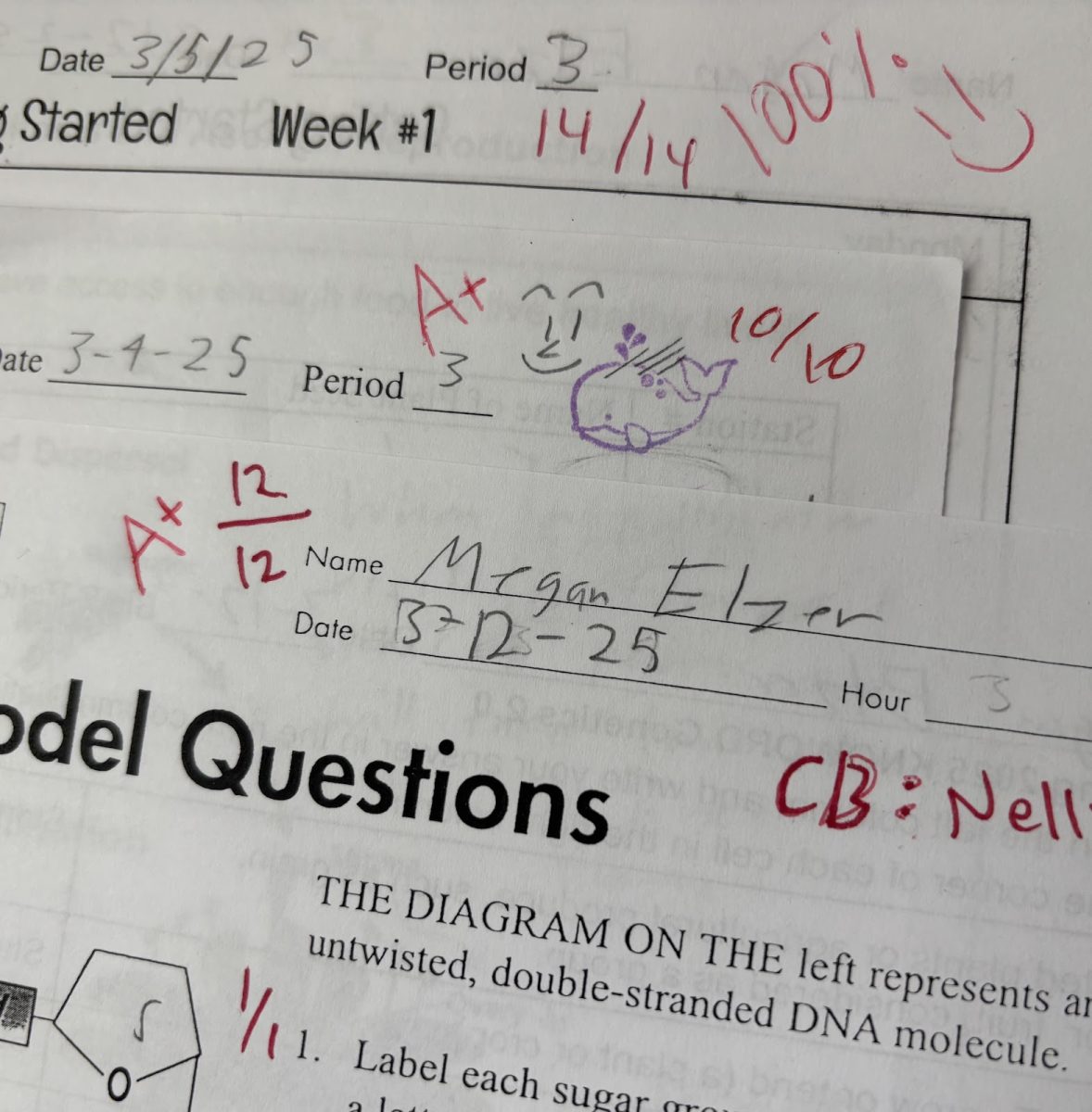Supporters of conspiracy theories are considered by many to be a very small subset of the population, and are often ridiculed for their “outlandish” beliefs. But is there any truth behind these seemingly unbelievable claims?
Senior James Higgins is among those who hold somewhat unconventional beliefs. “I refuse to accept that the pyramids came about without some kind of divine intervention…or aliens”, he said. While many conspiracy theories are based largely on paranoia and fueled by pseudoscience, they offer interesting insight into the human psyche.
Conspiracy theories tend to emerge in times of uncertainty and fear. In an attempt to make sense of seemingly uncontrollable situations, people “connect dots that aren’t necessarily connected in reality” says Jan-Willem van Prooijen, associate professor in social and organizational psychology at VU University Amsterdam.
While most people dismiss these theories as ignorant, there is no denying the growing number of followers backing conspiracies.
“I think pharmaceutical companies conspire to conceal cures for such things as cancer in order to continue making profit,” said junior Jayde Westphal. As it turns out, she is far from alone in this belief.
According to Time Magazine, “37 percent of surveyed Americans believe that the Food & Drug Association (FDA) is deliberately preventing the public from accessing natural cures for cancer because they’re beholden to drug companies.” While these claims aren’t based on scientific fact, they do represent a valid mistrust of the pharmaceutical industry, which has repeatedly proven to be riddled with corruption.
There is no doubt that certain conspiracy theories are based on dangerous ideologies, utilizing fear mongering to manipulate followers and gain supporters. However, the underlying desire of conspiracy theorists to understand seemingly inexplicable situations represents a valuable human trait. Critics often bash conspiracy theories for contradicting the status quo. But questioning a widely accepted truth is not the problem with conspiracy theories. In fact, this curiosity is exactly what drives humans to expand their knowledge and pursue innovation. If conspiracy theorists can maintain their ever-questioning nature while also utilizing legitimate scientific practice to test their claims, they will begin positively contributing to the progress of society.




































